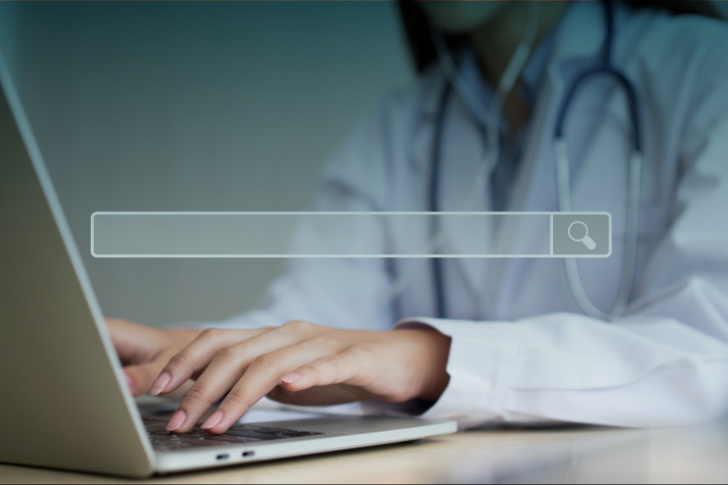How to Safeguard Personal Health Information Online
Working in the field of healthcare, you receive protected health information (PHI) from patients on a regular basis.
This most often takes place via intake or consent forms or by communicating with your patients over email.
Because you’re subject to HIPAA regulations, your patients’ personal information and communications must be kept secure.
The easiest way to keep them protected is to use secure forms, electronic signatures, and an encrypted email platform. These can often be integrated directly into your website.
Beyond complying with HIPAA regulations, these technologies allow you to take a professional ethical standpoint in your digital communications with patients.
Easily and Securely Collect Personal Information
Documenting your appointments with intake forms, surveys, and other forms is critical to running your practice.
Paper forms, however, are often illegible, incomplete, or have errors that must be corrected. Because they exist in physical form, care must also be taken to store them securely.
Electronic forms are a secure alternative to paper forms. They can be integrated into your website and completed by patients before they come in for their appointments. This saves both you and your patients valuable time and minimizes errors.
Because these forms are protected with HIPAA-compliant encryption, you can be confident private information is kept secure while it’s in transit and in storage.
Securely Sign Forms on Your Website
Electronic forms can also be paired with electronic signatures, which makes it easy to request signatures.
E-signatures are legally binding and have the same validity as a handwritten signature, provided they comply with the requirements of the Electronic Signatures in Global and National Commerce Act (ESIGN) or the Uniform Electronic Transactions Act (UETA).
Securely Communicate with Patients
The best email platforms are encrypted with OpenPGP encryption. This is simply an additional layer of encryption used in addition to the encryption most email services already use.
Emails are protected with multiple layers of the most secure protection available. Multiple layers of encryption combined with secure backups and archiving also provide evidence of due diligence in the case of an audit.
Encrypted communications are also possible on “traditional” services like Gmail by requiring recipients to type in a passphrase (like when you log into your bank account).
Extra Tips to Keep You Secure
Encrypting your emails and forms goes a long way towards protecting your patients. Of course, you always need to do due diligence on your end. Before you hit send online – slow down. Make sure you are:
- Sending emails and forms to the correct email address.
- Using the first and last name that matches your intended recipient.
- Aren’t putting sensitive information in the subject line (subject lines aren’t secure).
- Aren’t sending group emails, unless the content of the emails is very general and doesn’t violate HIPAA.
Communicate with Confidence
To learn more about how to keep your practice and patients secure, contact Officite today.
Our secure forms and emails allow you to communicate with confidence, knowing you can encrypt emails and web forms containing personal health information while meeting your HIPAA requirements.



